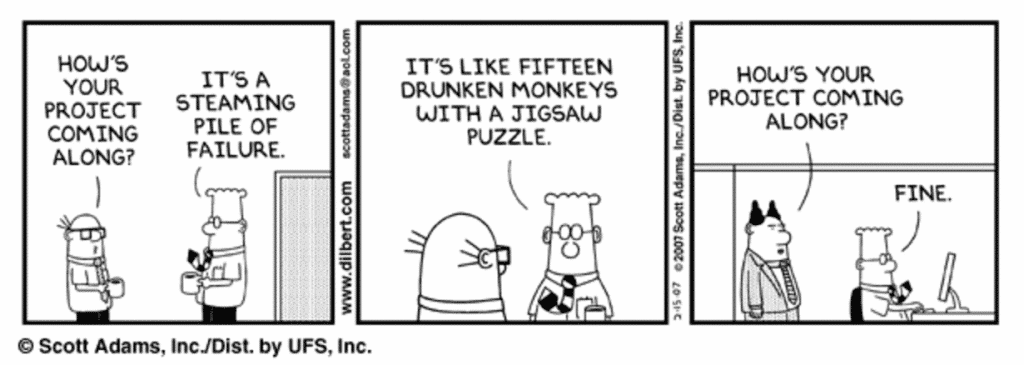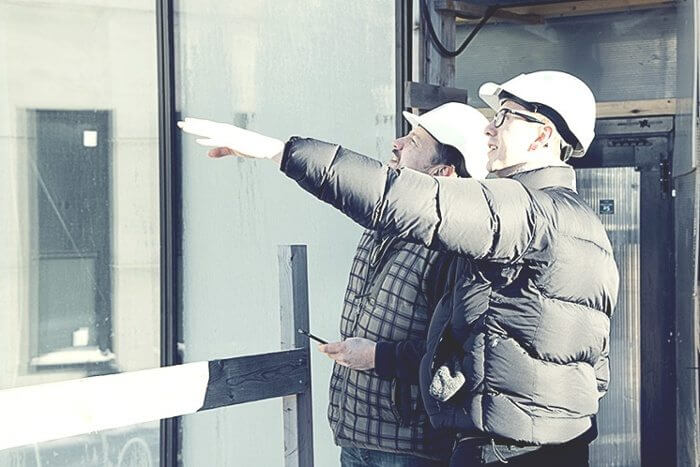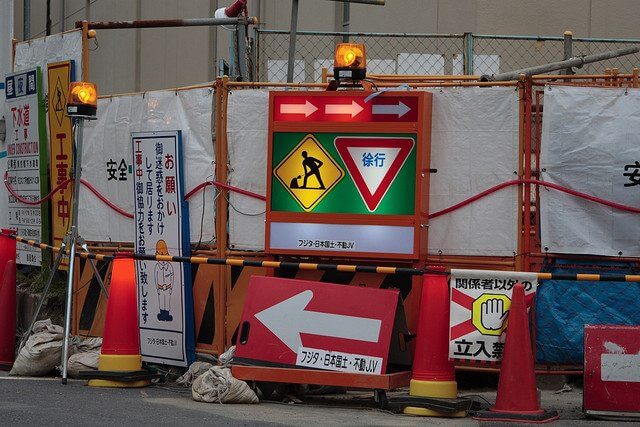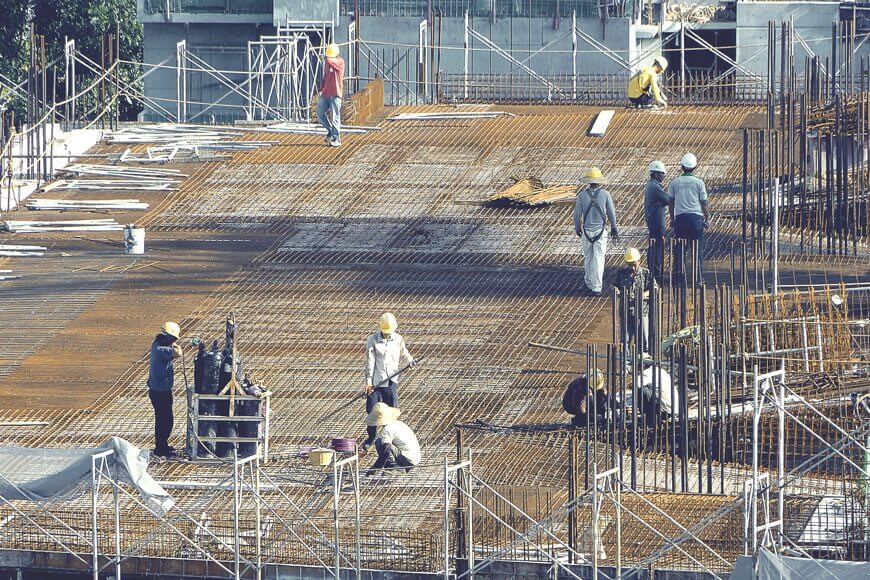Everyone wants to learn more about success and how to minimise the failure rate, especially when it comes to project management which plays such an important role in any industry. The steps that we share in this article would bring you closer to your goal.
But before we start, let’s have a quick peek at some project management statistics:
- Over 1 in 3 (34%) projects have no baseline (Source: Wellingtone)
- Fewer than a third of all projects were successfully completed on time and on budget over the past year. (Source: Standish Group)
- 44% of project managers use no software, even though PWC found that the use of commercially available PM software increases performance and satisfaction. (Source:Capterra Project Management Blog)

Now the question is: what can you do to make sure your project is successful? Well, I think we all agree a project which finishes on time, to budget and to accepted standards can be considered successful. So there you go:
- time
- budget
- standards
However, we are aware that the foundation of these three factor is based on planning, coordination, control over the various tasks, risk assessment and so on.
Despite of the high rate of project failures, organizations are still expecting projects to be completed better, faster and cheaper. These objectives can be met only if you apply effective project management processes and techniques.
In our opinion, the following three steps are vital for a successful construction project management and usually neglected to mention.

1. Team-up with stakeholders
“Construction is all about teamwork and good communication is essential for every project manager. You have to communicate with your team, subcontractors, suppliers, your client, designers, local authorities and sometimes neighbours and members of the public.”
Paul Netscher, author of Successful Construction Project Management.
The very first thing needed for a successful construction project is to get absolutely everyone involved, from the Client to the Site Labourer feeling that they are involved in a Team! That way everyone wants the same thing; success! My usual first approach to that was at the very first Site Meeting we had on a project:-“We’re going to do this my way, because I say so! – But first I’d like for us all to discuss it so I can decide what my way will be.”
That simple approach established the pecking order but also had a very distinct advantage. It got serious input from subbies which high-lighted possible obstacles long before I would otherwise have picked up on them. That meant they could often be eliminated before they arose! It also meant the subbies knew they were regarded as important to the project. The other one who liked it very much was the Client’s PM, someone who usually had no knowledge of construction.
Find here: Who wants to be managed and who wants to be led in construction
Speaking of the Client, one very important person to try and establish good relationships with is the Client’s Director who has oversight of the project. Hiccups, intransigence or major changes? That is the person who will override all others and give instant decisions that you request.

2. Embrace technology
“The construction industry is in the midst of change – cost, project delivery systems, technology, demographics, and, perhaps most important, sustainability expectations, are all impacting how projects are designed, built, managed, and financed.”
Alison Dykstra author of Construction Project Management: A Complete Introduction.
The next thing necessary for success are the project records; the paper trail. Now it is simple phycology; if everyone knows that the paper trail is comprehensive and it is easy to turn up records, they make sure everything they do is good and on time. If they fail, they know the finger of blame will point at them and they will be the ones losing a lot of money on the project!
Now dealing with and storing all the project paperwork used to be a time-consuming and expensive nightmare; it isn’t any of those anymore!
Using a software can increase the odds to succeed in your construction project management. Here are some of the many reasons that makes this statement true:
– it decreases the risk rate since it’s easier to identify it using a software than from tons of scattered papers works
– it is accessible and easy to share, the vital paperwork is safe since log records show when documents are created and modified and every team member can see it in the same time
– it cuts costs, e.g. With close monitoring of projects, potential legal issues can be avoided together with costly legal fees.
– it improves accuracy and quality, data is updated and presented in a meaningful way
– it’s easy to manage, e.g. mobile apps are extremely helpful because they can be used on-site
Here is a video that explains more about the importance of a software in construction:
3. Build your trust among tradesmen
Finally get out there and talk with the skilled tradesmen. Complement their good work and try to become friends with them. If they come to trust the “Big Boss” and conclude that you are on the same side as them, you are on a definite winner! First thing is that, because they know that you are looking at their work, they’ll make sure you have few faults to find in it.
More importantly, though, these are the guys who will become aware of any threatening build problems long before anyone else would do. Be their mate and they’ll tell you. That alone can save days or, sometimes, even weeks on the programme!
The management, particularly Site and Project Managers have to make themselves accessible and approachable for everyone else, tradesmen particularly, to come to with any problems or concerns they have.
Conclusion
A strong network, communication, technology are only some factors that lead toward a successful construction management project.With 18 years of professional experience in industrial construction and infrastructure, Vicente Barrera concludes :
“Never stop studying or analysing everything you see in a project. Never take anything for granted. The construction management profession demands complete attention, great commitment and excellent learning and analytics skills. Live the project in its day to day and never forget to prepare for the unexpected.”




